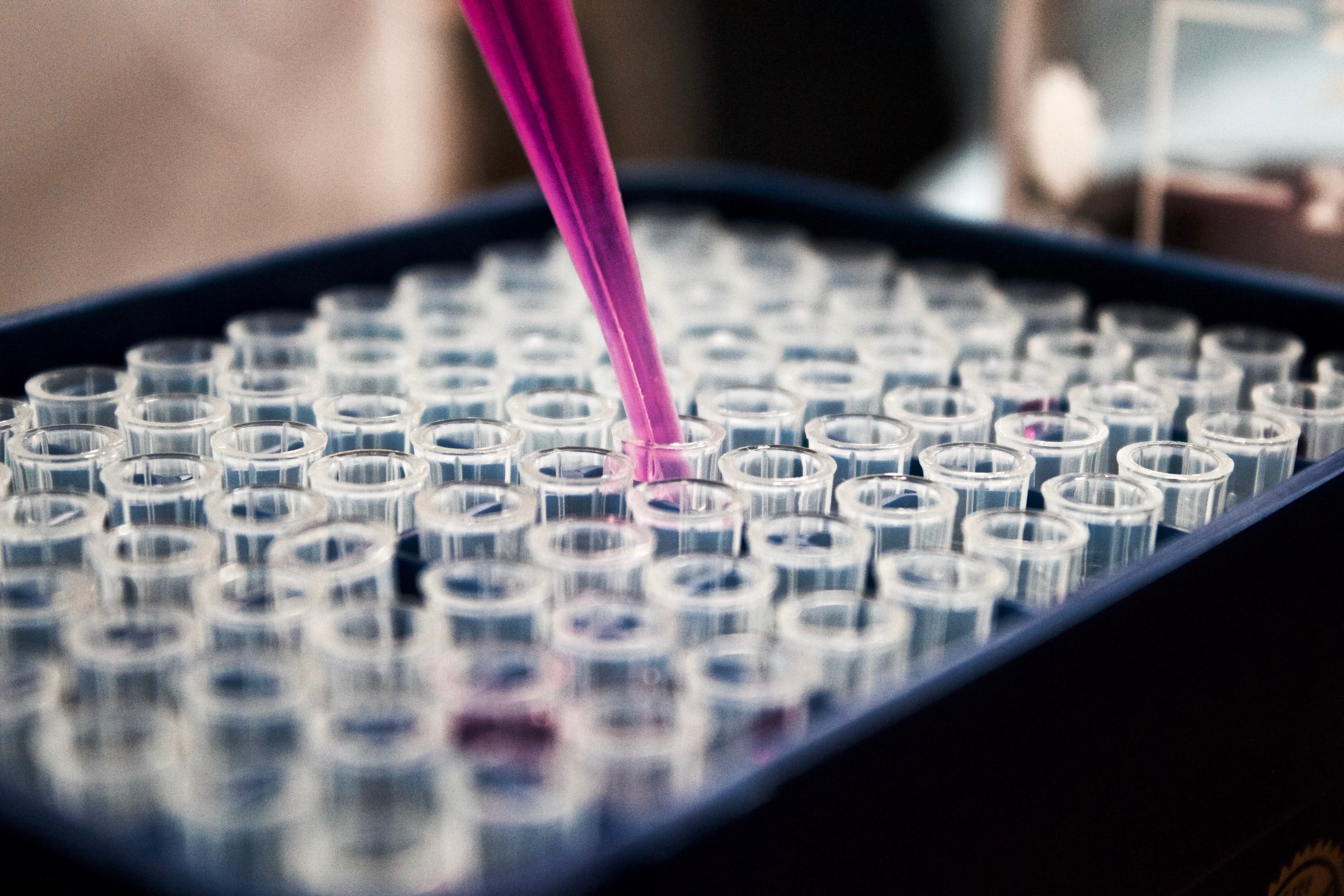Why LifeBac Added Naltrexone
Originally, LifeBac was based on using baclofen to reduce alcohol cravings (baclofen put the “Bac” in “LifeBac”). It was the medication that helped LifeBac’s CEO take control of his drinking, and we wanted to share that opportunity with as many people as possible. We’ve seen how much success many of our clients have had with baclofen. Unfortunately, it doesn’t work for everyone.
Whether side effects, preconditions, or a natural resistance stop baclofen from working, there needs to be another option. For us, that option is naltrexone. Adding another medication allows us to help more people take control of their drinking. But there are a handful of medications in the alcohol treatment scene — why did LifeBac pick naltrexone?
Naltrexone works similarly to baclofen in that it interferes with cravings rather than affecting the taste of alcohol or causing a negative reaction to it. That’s important because one of LifeBac’s goals is to allow people the opportunity to choose their relationship with alcohol.
We don’t require sobriety, and we don’t want to trick your body into thinking it doesn’t want alcohol. We use medications that can provide long-term solutions and renormalize how your body reacts to drinking. That way, depending on your situation, you have the option to continue drinking in moderation.
Naltrexone also has a good track record. The FDA approved naltrexone for the treatment of alcohol dependence in 1994. Since then, it has become a well-known tool in the world of medication-assisted treatment (MAT). It helps reduce cravings and isn’t habit-forming, so there’s no risk of trading one dependence for another.
For many people, naltrexone is a good option. It’s particularly good for anyone wanting to moderate their drinking level before it becomes too severe. Since it’s safe to take naltrexone indefinitely, it’s also useful for anyone looking to continue drinking without cravings.
Medication-assisted treatment (MAT) is still relatively new, but the prospects are exciting. As we learn more about AUD, there is more and more evidence that the brain holds the key to regaining control over drinking. Alcohol’s effects on neurochemistry appear to be the fundamental element of dependence. As a result, MATs that address that neurochemistry are invaluable for alcohol treatment.
We at LifeBac seek to provide access to those medications alongside staff who can provide useful strategies for dealing with the habitual element of AUD. Until the interactions between medications and AUD are better understood, it’s difficult to say which medication will work for you. However, there is hope in potential, and by adding naltrexone, we are hopeful that more of our members will successfully achieve their drinking goals.





